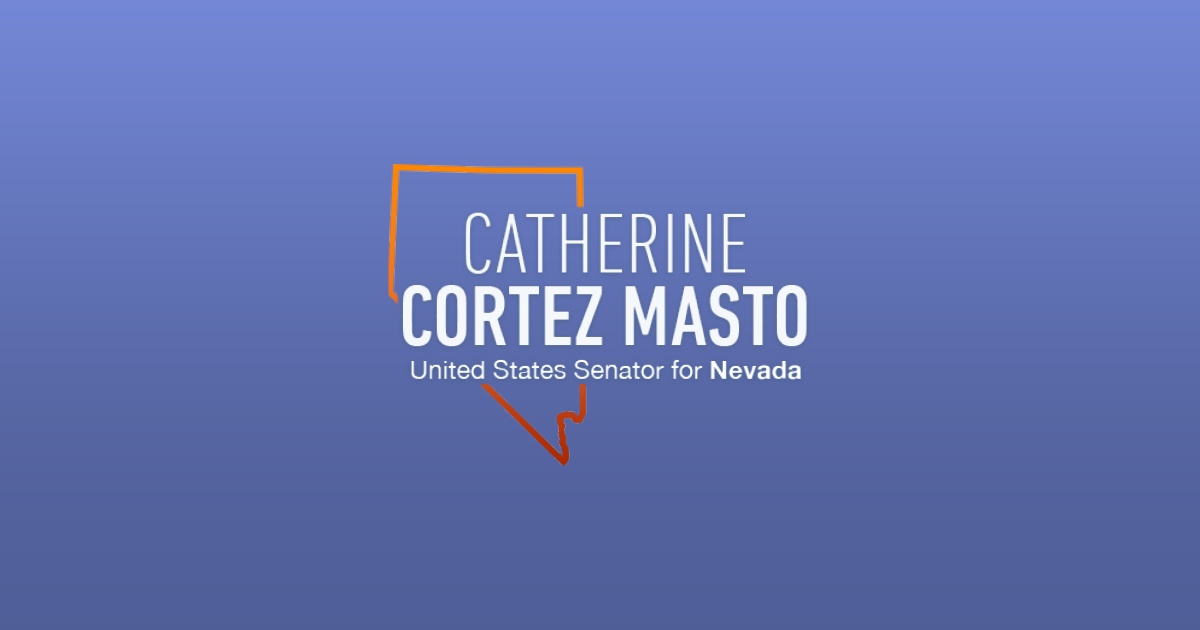Source: United States Senator for Nevada Cortez Masto
Washington, D.C. – U.S. Senators Catherine Cortez Masto (D-Nev.) and John Cornyn (R-Texas) introduced legislation to help airports and other transit centers combat human trafficking. Labor and sex trafficking survivors are commonly trafficked on airplanes and public transportation, and this legislation would provide popular transportation hubs with dedicated funding to spend on human trafficking prevention and awareness.
“As Nevada’s Attorney General, I spoke to trafficking survivors about their experiences being transported to different cities and across state lines,” said Senator Cortez Masto. “Airports and public transportation centers can be key places for victims to seek help or for trained staff members to intervene, but only if there is greater awareness of what victims need. My bill will provide dedicated funding so that airports and public transportation centers can help keep survivors safe.”
“Texas airports welcome hundreds of thousands of travelers every day, and they play a vital role in identifying and stopping human trafficking,” said Senator Cornyn. “This legislation would ensure airports nationwide have the resources they need to raise awareness and help get victims away from their traffickers safely.”
The Harry Reid International Airport in Las Vegas has already implemented important human trafficking prevention policies, including the installation of a human trafficking hotline number on the door of every bathroom stall in the airport. In addition, the Reno-Tahoe International Airport is a designated “Safe Place”, providing outreach for youth who need help escaping abuse or human trafficking. Nevada’s Regional Transportation Commissions have also been active in working to combat human trafficking as well. Senator Cortez Masto’s bill would fund further efforts to train staff at airports across the country to identify signs of trafficking, engage in public awareness campaigns, and provide support to victims and survivors.
The Reduce Human Trafficking through Transportation Act would direct $10 million annually to major airports and transit hubs to be used to further human trafficking education and prevention efforts. The airports and transit hubs would work with the U.S. Department of Transportation (USDOT) Human Trafficking Advisory Committee to implement comprehensive policies to combat human trafficking and support survivors.
Throughout her career, Senator Cortez Masto has worked closely with the law enforcement community to increase resources needed to identify and stop human trafficking and exploitation. Last Congress, the Senator introduced the Interdiction for the Protection of Child Victims of Exploitation and Human Trafficking Act, bipartisan legislation to establish a federal pilot program to train law enforcement officers to recognize and rescue at-risk and exploited children. She also introduced the bipartisan FIND Trafficking Act, which was signed into law in 2020 and requires the Government Accountability Office to study how virtual currencies and online marketplaces are used to facilitate sex trafficking. The FIND Trafficking Act also requires the GAO to make recommendations on how to fight, detect, and deter these illegal activities.
###
